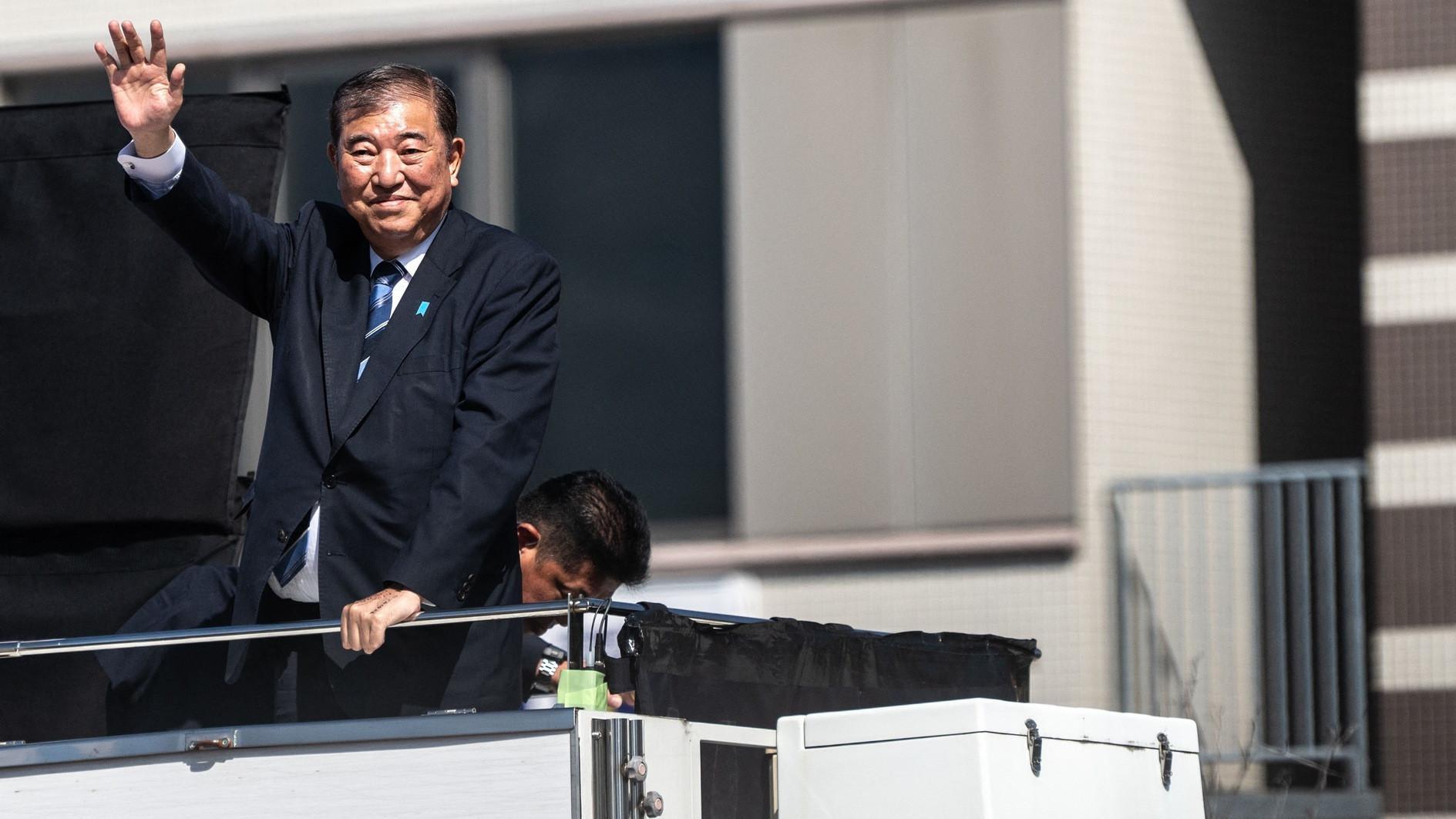
New Japanese Prime Minister Shigeru Ishiba's snap election gamble could backfire this weekend, with his ruling party at risk of losing its majority for the first time in 15 years.
Ishiba took office and called an election less than a month ago after a tough contest within the Liberal Democratic Party (LDP), which has governed for all but four of the last 69 years.
"This is an attempt to create a new Japan that will drastically change the nature of Japanese society," he said. "To boldly carry out this major change, we need the confidence of the people."
But polls suggest the LDP could fall short of the 233 lower house seats needed for a majority for the first time since 2009. It currently holds 256 seats.
This would be bad enough, but some polls suggest that even with its junior coalition partner, the Komeito party, Ishiba will be unable to form a government without forming other alliances.
Not helping matters is the popularity of Yoshihiko Noda, the new head of the opposition Constitutional Democratic Party and a former prime minister, who at 67 is the same age as Ishiba.
Noda's stance "is sort of similar to the LDP's. He is basically a conservative," Masato Kamikubo, a political scientist at Ritsumeikan University, told AFP.
"The CDP or Noda can be an alternative to the LDP. Many voters think so," Kamikubo said.
Japan faces major challenges. With its population projected to drop by almost a third in the next 50 years, many sectors already struggle to fill vacancies.
The world's fourth-biggest economy has long been flatlining, with a weak yen pushing up import prices in recent years, especially of fossil fuels which still dominate power generation.
Polls show that voters' biggest worry is inflation, which along with a party slush fund scandal torpedoed Ishiba's predecessor Fumio Kishida after three years in the job.
Japan already has one of the highest debt-to-GDP ratios in the world, yet the government faces a ballooning bill to care for the growing ranks of the elderly.